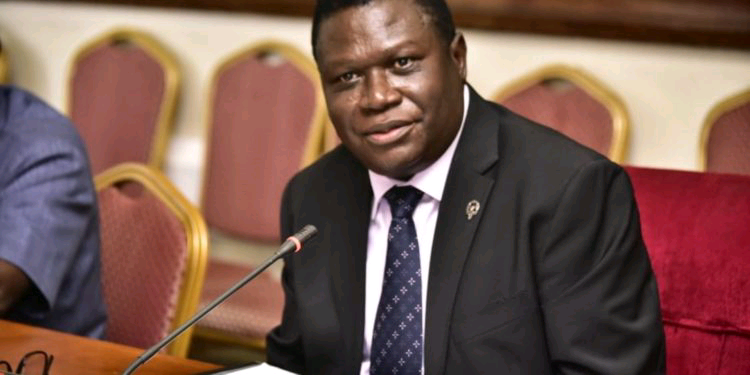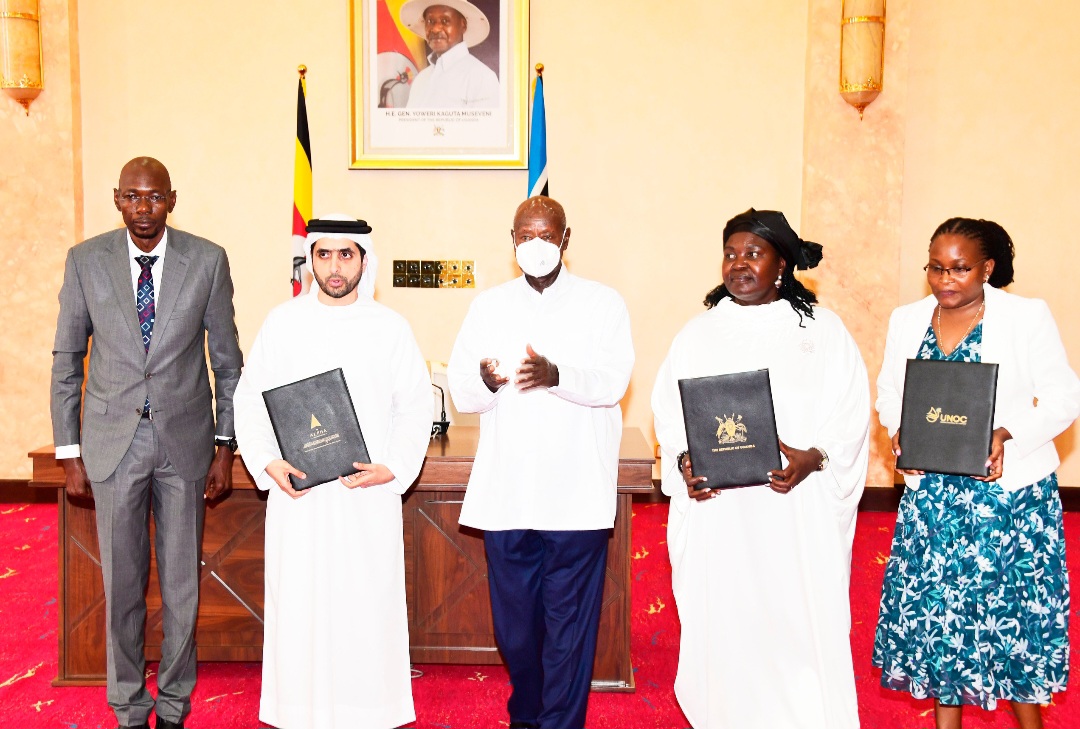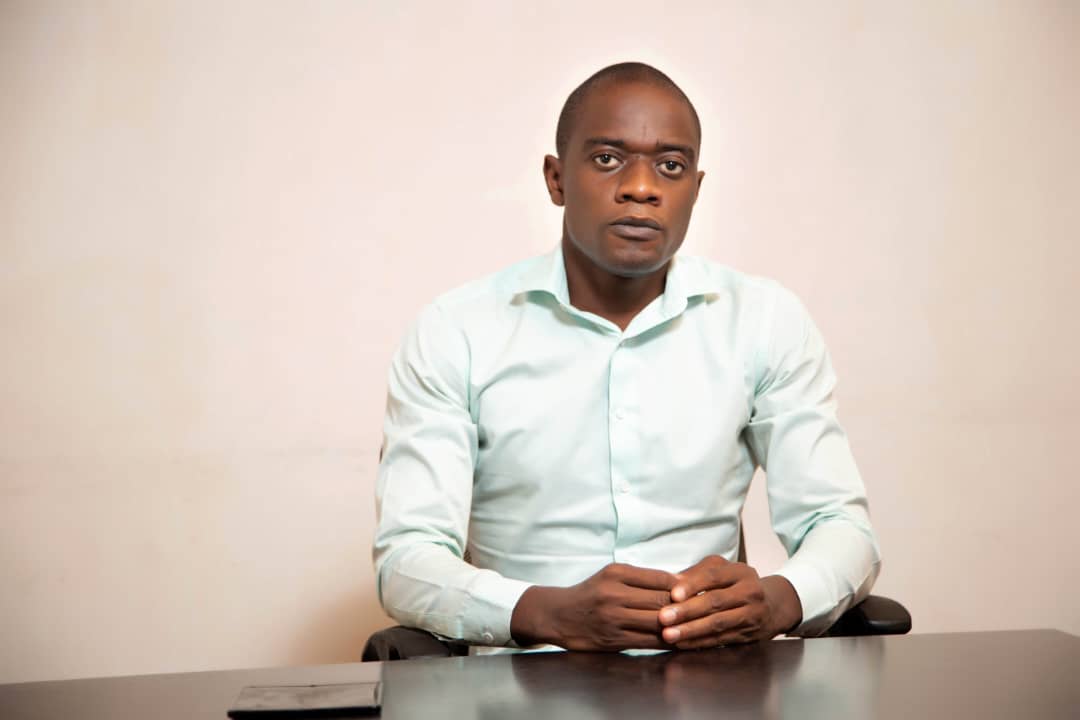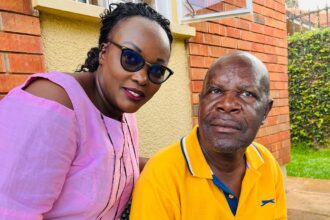WATCHDOG UGANDA
News Analysis: The Democratic Party’s Decline Under Norbert Mao’s Leadership
Once a cornerstone of Uganda’s political landscape, the Democratic Party (DP) has seen its influence wane dramatically under the leadership of Norbert Mao. Since assuming the presidency of the country’s oldest political party in 2010, Mao has steered DP into a state of irrelevance, marked by internal strife, strategic missteps, and a controversial alliance with the ruling National Resistance Movement (NRM). As the 2026 elections loom, this analysis explores how Mao’s tenure has eroded DP’s historical clout and left it a shadow of its former self.
Founded in 1954, DP was a formidable force, championing Catholic interests and later evolving into a national platform under leaders like Benedicto Kiwanuka and Paul Ssemogerere. Its legacy includes mobilizing Buganda’s political aspirations and offering a moderate alternative to the NRM’s dominance. Yet, under Mao, a lawyer and former Gulu District LC5 chairman, the party has lost its ideological moorings and voter appeal. Critics argue that his leadership has prioritized personal ambition over party revival, a charge crystallized by his 2022 appointment as Justice and Constitutional Affairs Minister in President Yoweri Museveni’s cabinet—a move that stunned DP loyalists and sparked accusations of betrayal.
Mao’s defenders point to his early promise—his 2011 presidential bid garnered a modest 1.86% of the vote, and DP secured 15 parliamentary seats in 2016, a slight uptick from prior years. His diplomatic efforts, including peace talks with the Lord’s Resistance Army, once bolstered his credentials. But these achievements have been overshadowed by a series of blunders.
The most damning was the 2022 “cooperation agreement” with NRM, which Mao framed as a pragmatic step toward national dialogue. Instead, it alienated DP’s base, with 11 of its 13 MPs defecting to the National Unity Platform (NUP) in 2020, signaling a mass exodus predating but exacerbated by the deal. The agreement, far from strengthening DP, has been seen as a surrender to Museveni’s co-option tactics, reducing the party to a junior partner in a regime it once opposed.
Internally, Mao’s tenure has been a saga of factionalism.
DP block
The Buganda bloc—historically DP’s stronghold—has clashed with him over alleged dictatorial tendencies and financial opacity. Prominent figures like Erias Lukwago, Mathias Mpuuga, and Betty Nambooze have either distanced themselves or defected, accusing Mao of sidelining dissent. The 2023 split into “DP Phase Three,” a rebel faction led by MPs seeking to oust him, underscores the chaos. Mao’s refusal to hold elections for vacant party posts has fueled perceptions of a power grab, further fracturing unity. His rhetoric—once sharp against NRM—has softened, with critics like Ssemujju Nganda long alleging he’s a Museveni mole, a claim his cabinet role seems to vindicate.
Electorally, DP’s decline is stark. From a peak of influence in the 1980s, it now struggles to field viable candidates. Mao’s 2021 presidential run was a flop, and the party’s parliamentary presence has dwindled to four MPs by mid-2023.
The rise of NUP and the Forum for Democratic Change (FDC) has siphoned off DP’s youth and urban support, leaving it with an aging, disillusioned base. Mao’s pivot to negotiation over confrontation—epitomized by his claim that ballots alone won’t unseat NRM—has failed to inspire, instead painting DP as a party resigned to irrelevance.
As Mao clings to leadership, vowing to run again in 2026, DP’s prospects dim. His tenure has traded the party’s “Truth and Justice” motto for compromise and stagnation. Without a radical overhaul—or a new leader untainted by NRM ties—DP risks fading into Uganda’s political footnotes, a cautionary tale of lost touch under Norbert Mao.
Do you have a story in your community or an opinion to share with us: Email us at Submit an Article







